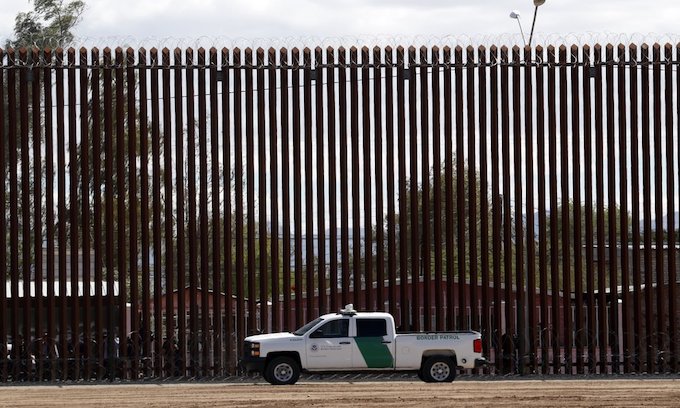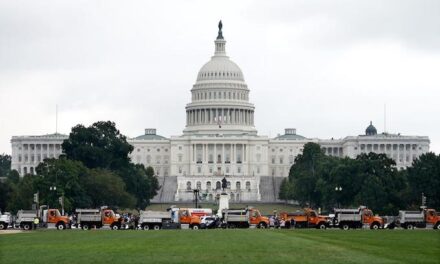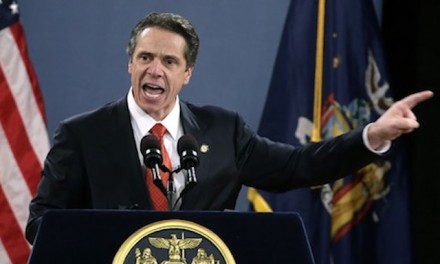A federal judge in Seattle subtracted nearly $90 million from President Trump’s border wall plans after ruling Thursday that his emergency declaration and siphoning of money from the Pentagon was illegal.
Washington state had challenged Mr. Trump’s move, and pointed to a $88.96 million project in the state that was delayed by the shift of funding.
Judge Barbara Jacobs Rothstein sided with the state, saying Congress tried to ban Mr. Trump from moving money around to build his wall, yet he did it anyway.
“It can hardly be denied that the public has a strong interest both in the integrity of this country’s borders and in ensuring that the armed forces are well-supported while deploying the missions,” she wrote. “However, doing so cannot be done at the expense of our laws.”
Her decision appears to buck the Supreme Court, which cleared a number of other hurdles courts had erected, and ruled Mr. Trump could spend the money while the cases are being argued.
Judge Rothstein, a Carter appointee, said the high court’s ruling “is not necessarily” controlling over her case, because it involves a different plaintiff with different arguments, though the money and the wall construction are the same.
The $88.96 million is a fraction of the $6.1 billion Mr. Trump moved from Pentagon accounts last year toward wall-building as part of his emergency declaration.
Mr. Trump made the move after Congress passed, and he signed, a spending bill giving him just $1.375 billion for construction. The law also sought to try to prevent him from shifting money from within accounts.
But the administration argued that didn’t apply to the 1970s-era National Emergencies Act, which Mr. Trump cited as his authority for moving the money.
Judge Rothstein rejected that, saying wall-building is a domestic duty of Homeland Security, and the border isn’t a war zone. She said Mr. Trump may have had power to shift money for actual military purposes but the wall doesn’t qualify since it’s domestic.
“Simply put, the southern border is not a militarized zone; it is the responsibility of the Department of Homeland Security to ensure that the border is secure—a law enforcement function explicitly outside the purview of the Department of Defense,” she wrote.
© Copyright (c) 2020 News World Communications, Inc.
—-
This content is published through a licensing agreement with Acquire Media using its NewsEdge technology.



















Recent Comments